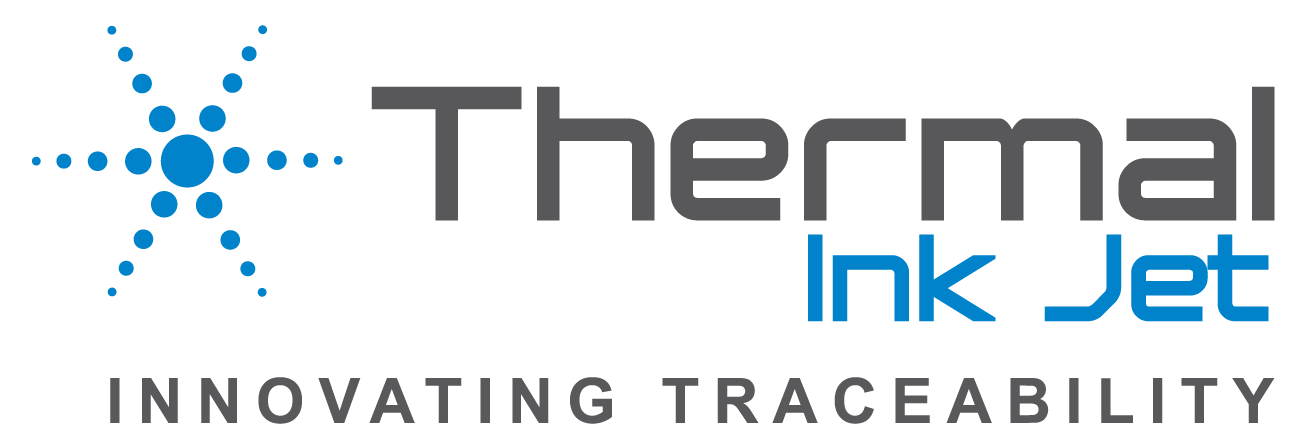Introduction
As manufacturing continues to evolve with Industry 4.0 technologies, traceability is emerging as a critical component for ensuring transparency, efficiency, and compliance.
From real-time tracking using IoT devices to secure data sharing with blockchain, smart manufacturing leverages cutting-edge technologies to achieve seamless traceability across supply chains. In this blog, we’ll explore the future of traceability and its transformative impact on manufacturing.
Integration of Smart Devices for Real-Time Tracking
The Internet of Things (IoT) enables real-time tracking of materials and products throughout the manufacturing process. Smart sensors attached to products provide instant data about their location, condition, and movement.
- Impact: Real-time insights allow manufacturers to identify bottlenecks, improve logistics, and ensure product quality.
- Example: A smart factory can track components from the warehouse to the production line, reducing errors and delays.

The Role of AI in Predictive Maintenance and Quality Control
Artificial Intelligence (AI) is playing a significant role in predictive maintenance and ensuring consistent product quality.
- Predictive Maintenance:
AI-powered systems analyze data from machinery sensors to predict potential failures before they occur, reducing downtime and maintenance costs.
- Quality Control:
AI algorithms can inspect products at various stages of production, ensuring they meet quality standards.
- Benefit:
By minimizing machine downtime and ensuring high-quality output, manufacturers can significantly improve their efficiency and reduce waste.

Blockchain for Secure Data Sharing and Compliance
Blockchain technology provides a secure and immutable way to store and share data across the supply chain.
- Data Integrity:
Blockchain ensures that information about products—such as origin, production date, and batch number—cannot be tampered with.
- Compliance:
It simplifies regulatory audits by providing transparent and verifiable records.
- Use Case:
A pharmaceutical manufacturer uses blockchain to maintain a tamper-proof record of drug production and distribution, ensuring compliance with regulations.
Case Studies: Smart Factories Leveraging Traceability
Several smart factories around the world are already leveraging traceability solutions to enhance their operations.
- Automotive Industry:
A leading automotive company implemented IoT-based tracking and reduced its recall costs by 30%.
- Food Industry:
A smart food processing plant used blockchain and IoT sensors to track raw materials, ensuring compliance with food safety regulations and reducing waste by 20%.
- Electronics Manufacturing:
An electronics manufacturer used AI for predictive maintenance, resulting in a 15% increase in overall equipment effectiveness (OEE).

Conclusion
The future of traceability in smart manufacturing is bright, driven by advancements in IoT, AI, and blockchain. By adopting these technologies, manufacturers can achieve greater operational efficiency, meet stringent compliance requirements, and build trust with consumers.
As Industry 4.0 continues to evolve, traceability will remain a cornerstone of sustainable and intelligent manufacturing.

